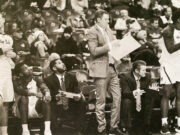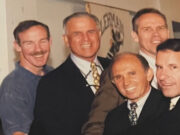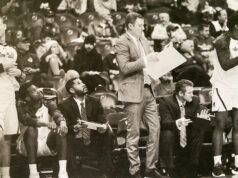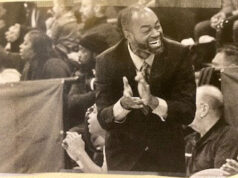By Margaret Wilkins, PhD
The “Legend of Bagger Vance” encompasses the raw truth of unresolved trauma, its impact on sports performance, and its positive resolution. The movie showcases how the trauma of war can affect one’s overall well-being, physical movement, and mental capacity.
The main character, Junah, comes back from World War I with more than enough on his mind that prevents him from unleashing his “authentic golf swing” in a golf tournament. He is competing against two of the best players in the sport. Enter Bagger Vance, the coach of all coaches; Bagger (played by Bruce Willis) teaches Junah how to focus on what is in front of him by revisiting the trauma that occurred and thereby healing it and finding his “authentic golf swing again.” Throughout the movie, Junah learns to trust Bagger as a healing spiritual guide and a golf instructor. Just like in sports, when a person can’t focus on what is in front of him or herself, it allows everything else from the past to cause a loss of focus and achievement in life.
“Authentic swing” is a phrase referring to being one’s authentic self through and through, one that comes naturally without second thoughts; that is unique to only that person. I relate this psychologically to one’s mental health, a “state of well-being that enables people to cope with life stresses, actualize their abilities, and succeed. In the film, Junah’s mental health is revived through that of Bagger and his perspectives and coaching philosophies. Trauma and mental health are cohesively bound; when one has a traumatic experience, they endure in the body and mind, and the individual’s mental health and physical health become impaired. The Legend of Bagger Vance focused on this concept beautifully, and in the end, Junah comes to a place of peace with himself, how he views the game of golf, and a positive perspective on life, sport, and everything in between. At the film’s end, he ties the two greatest golfers in the tournament.














